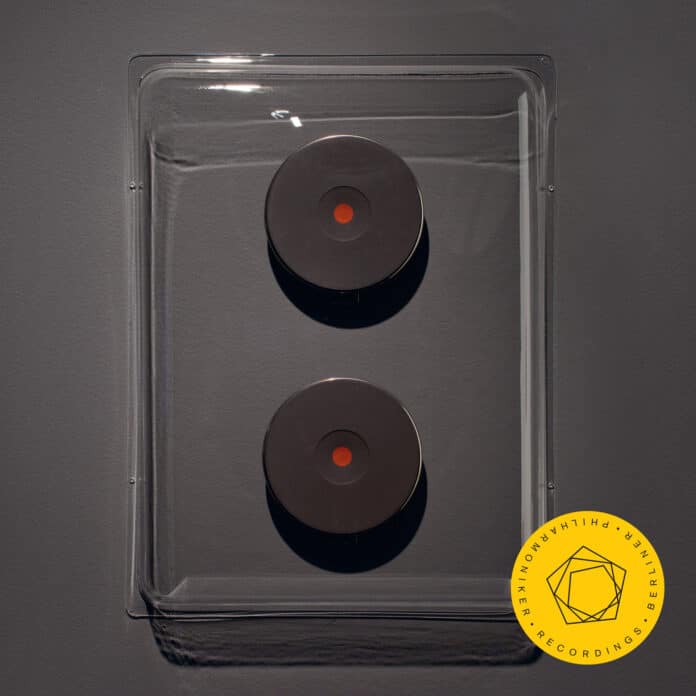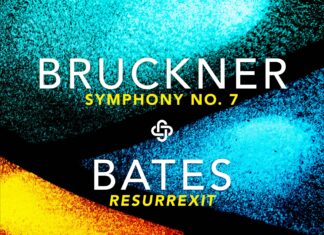Review – Beethoven Symphony 7, Berliner Philharmoniker / Kirill Petrenko (Berliner Philharmoniker Recordings)
It’s always a pleasure to see new releases from the once-renowned Berlin Philharmonic, an orchestra we’ve associated with the big yellow banners of Deutsche Grammophon and conductors like Furtwangler, Karajan and Abbado. But times have changed. The orchestra now has its own label which is, nonetheless, impressive: it offers lush packaging, demonstration-class recorded sound, elegant visual presentation and so on. And first and foremost, there is a new chief conductor: Kirill Petrenko, following in the steps of Abbado. Both orchestra and conductor have already released a recording of the Tchaikovsky 6th, which this reviewer has found fine but not exceptional. So how does this recent Beethoven 7th fare? Well, I’m afraid I will have to repeat the same thing.
Is it well played? Of course, this is after all the Berlin Philharmonic we’re talking about. But it doesn’t have the distinctive, cultivated sound of other conductor/orchestra partnerships of recent years (Jansons/Bavarian Radio Symphony Orchestra or the new Barenboim/Easter-Western Divan Orchestra come to mind).
Let’s take the horns, for example, so crucial in this symphony. In the first movement, they sure sound fine, but does Petrenko extract the golden colours that Blomstedt does in his Dresden Staatskapelle recording or does he offer the depth of expression of the extraordinary Barenboim/Staatskapelle Berlin partnership (a reference recording for me)? The horn playing per se is, of course, perfect and precise, just lacking a bit in character. The woodwinds also sound relatively tame under Petrenko. But mostly it is the timpani that are subdued throughout the performance: in the second movement, they are well-hidden in the background, thus failing to deliver the dramatic effect this Allegretto requires. And despite the swift tempi in both the Presto and the Allegro con brio, the sense of joyful urgency is restrained.
Don’t get me wrong – this is a satisfactory performance, but in such a crowded field, it remains very middle-of-the-road. It is not that it lacks the personal treatment of a more interventionist approach (after all some listeners prefer their Beethoven adhering to the score) but where is this element of fate that Furtwangler refers to? Listen to the opening of the first and the last movements, and you will realise what I am talking about. The notes are there, but the spiritual aspect is missing.
Reference recording: Barenboim/Staatskapelle Berlin (Warner)






